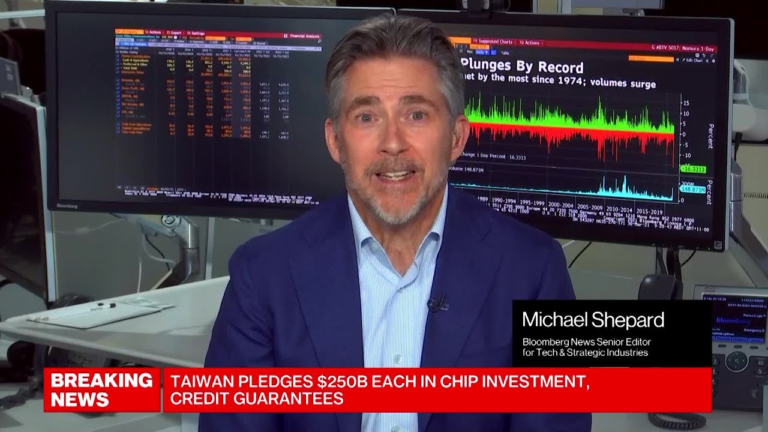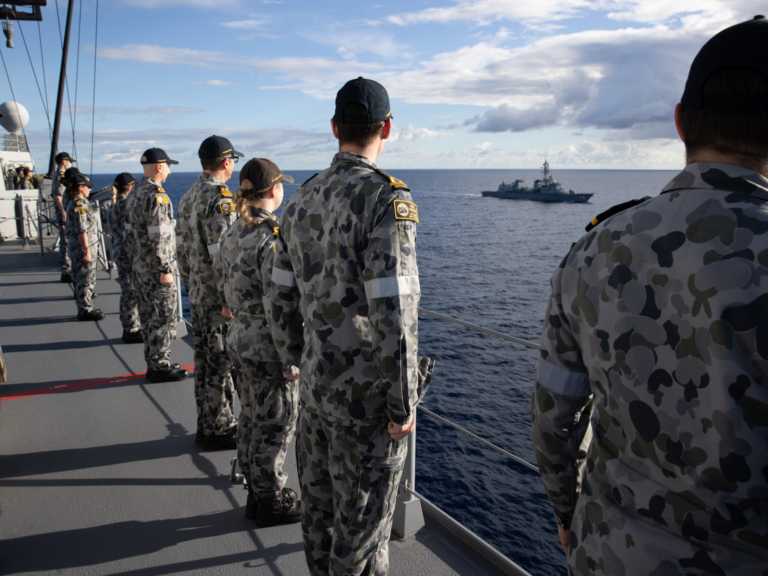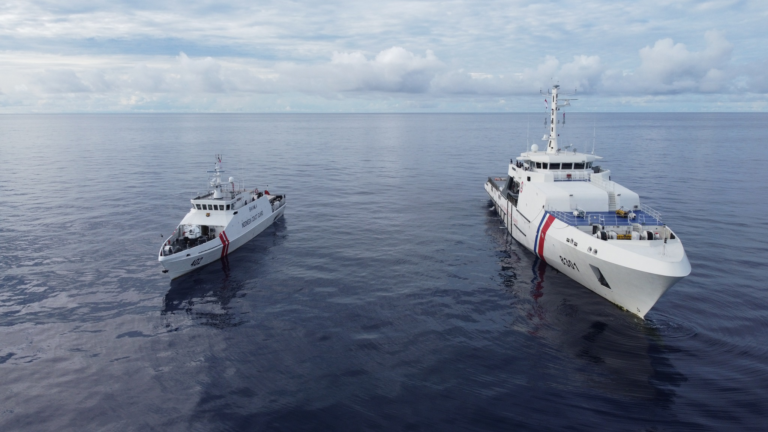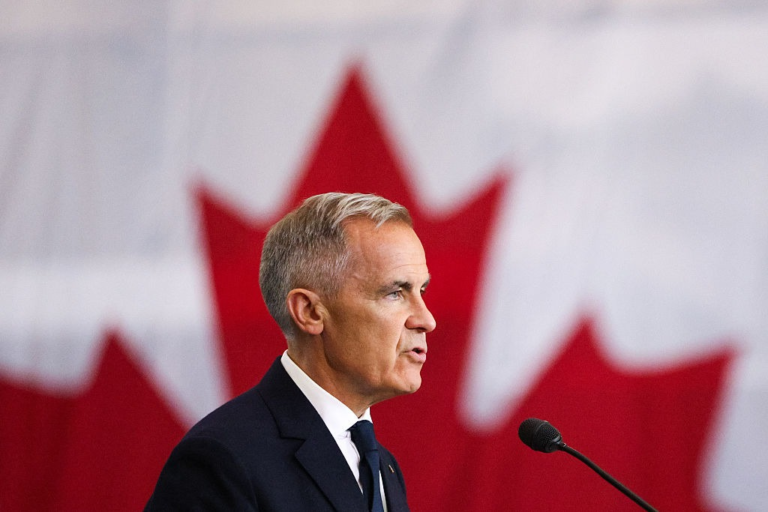
Co-hosted by the Malaysian and United States Armies, IPACC, IPAMS, and SELF provided regional land forces enduring platforms for dialogue, cooperation, and collective understanding among partner nations facing common security challenges. It brought together more than 190 participants from 25 countries, including 12 army chiefs.
“This is something you don’t see anywhere in other parts of the world,” said Malaysian Chief of Army Gen. Muhammad Hafizuddeain at a post event briefing to reporters. “Getting everyone together to sit and share is already a challenge. We’re not talking about who’s taking which side. It’s about getting everybody to have the same understanding, understand the same concerns about the importance and difficulty of maintaining peace and stability in the region.”
Echoing those sentiments was the event’s co-host, U.S. Army Pacific Commander Gen. Ronald Clark who said, “This year’s theme, “Forging Synergy,” captures the essence of what we strive to achieve. By working together, we are building a land power network to ensure our armies are ready, resilient, and united in our mission to uphold peace and stability.”
While army chiefs held roundtable discussions, a parallel event was taking place. The Indo-Pacific Armies Management Seminar (IPAMS) is a platform for deputy chiefs and senior ranking officers (Lt. Gen. to Lt. Col.) to participate in panel discussions and share valuable insights.
IPAMS, which has grown since its founding in 1977, remains a key component of U.S. Army Pacific’s Theater Security Cooperation Program, enabling collaboration at the operational level between ground forces across the Indo-Pacific.
There were four panel discussions ranging in topics from technology and innovation to lessons learned from the Ukrainian-Russia conflict.
Panelist Col. Philip Buswell, Director at TRADOC’s Proponent Office-Synthetic Training Environment facilitated discussions on the Army’s drone priority and quickly getting equipment in the hands of Soldiers, part of the Army’s priority of continuous transformation.
“Using the existing Games for Training Program to introduce drone warfare, it allows Soldiers across the Army to start experimenting how to fight with and against drones.” Buswell went on to say “technology and innovation are accelerating. Within the U.S. Army we are reacting, changing quickly and introducing new capabilities to the force.”
Panelist Lt. Col. Jonathan Wilkes, Joint Multinational Training Group-Ukraine, brought his expertise to discuss take aways from the Ukraine War. “Dominance in all spectrums of operations is paramount. We are pushing the boundaries and bridging the gap between operational needs and technological innovation.” But battlefield success he said, “still requires good old fashion will, endurance and leadership adaptability.”
On the sidelines of the conference, 85 bilateral engagements took place where senior officers sat face-to-face to discuss everything from future participation in exercises to modernization to other cooperative endeavors.
“To have a venue to build up those relationships based on trust is very helpful. So, Gen. Hafiz thank you for giving us the opportunity to be able to do that and to the Malaysian army and Malaysian people thank you for allowing us to get together under the spirit of peace and cooperation on your soil and in your country which we all cherish,” said an appreciative Clark.
“We are proud to have successfully hosted this landmark event, but our work does not stop here. The outcomes of our discussions will serve as the foundations for deeper cooperation in years ahead,” said Hafizuddeain.





